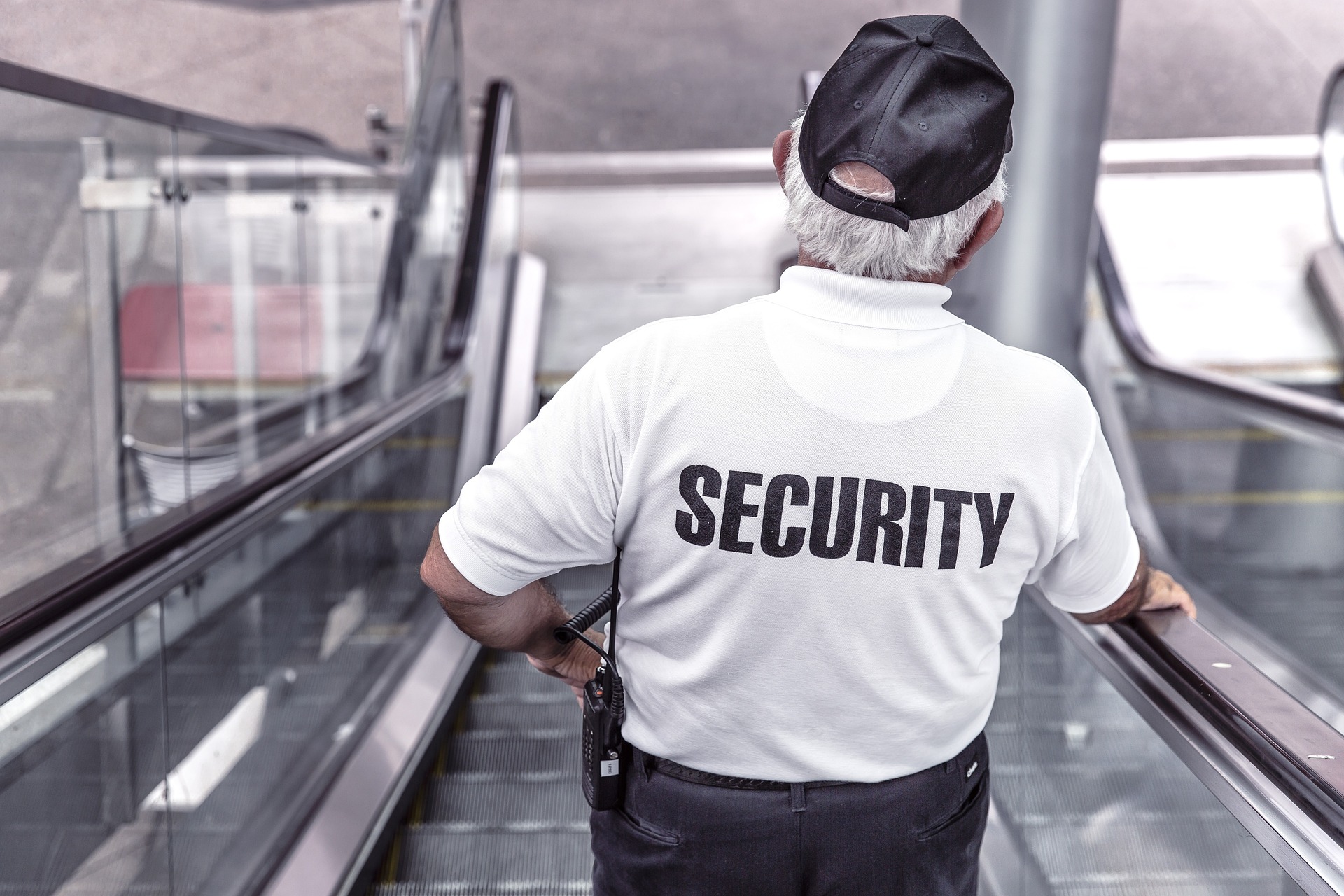Understanding VIP Protection Work in Japan – Role Structure and Skills
Working as a VIP bodyguard in Japan requires precision, discipline, and adaptability. The role involves ensuring the client’s safety through surveillance, secure transport coordination, and threat assessment. Bodyguards operate under strict security guidelines, often in coordination with other team members or local authorities to maintain safety in various environments.

Essential Skills for VIP Protection Specialists
Professional security operatives in Japan must master several core competencies. Surveillance techniques in VIP protection include both traditional methods and modern technological approaches. Specialists need advanced observation skills, the ability to identify potential threats in crowded urban environments, and proficiency with security monitoring systems. Japanese security firms particularly emphasize non-confrontational threat prevention over reactive measures.
Transportation Security Planning Requirements
Secure transportation planning for clients in Japan requires intimate knowledge of urban infrastructure and alternative routes in major cities like Tokyo and Osaka. Protection specialists must understand complex transportation networks, including private and public options, while maintaining the client’s privacy and schedule. This includes coordinating with drivers, planning secure pickup locations, and establishing emergency protocols specific to Japan’s urban environment.
Threat Assessment Protocols
Conducting threat assessments in security work involves systematic evaluation of potential risks specific to Japan’s social and business environment. Security professionals must analyze various factors including:
-
Local crime patterns and statistics
-
Political and social events that may affect security
-
Client-specific risk factors
-
Location-based vulnerabilities
-
Cultural considerations that may impact security operations
Team Coordination and Communication
Team coordination in protective services requires seamless integration of various security elements. In Japan, this often involves:
-
Clear communication protocols in both Japanese and English
-
Defined role hierarchies and responsibilities
-
Regular team briefings and debriefings
-
Integration with local law enforcement when necessary
-
Coordination with venue security teams
Legal Compliance and Regulations
Adhering to local laws in security operations is particularly crucial in Japan’s strict regulatory environment. Security professionals must maintain current knowledge of:
-
Weapons restrictions and self-defense laws
-
Privacy protection regulations
-
Security industry licensing requirements
-
International security protocols when applicable
-
Local municipality security guidelines
Industry Standards and Certification Requirements
| Certification Level | Requirements | Validity Period |
|---|---|---|
| Basic Security | Training Course (40 hours) | 5 years |
| Executive Protection | Advanced Course (120 hours) | 3 years |
| International Security | Special Training (180 hours) | 2 years |
Prices, rates, or cost estimates mentioned in this article are based on the latest available information but may change over time. Independent research is advised before making financial decisions.
A career in VIP protection in Japan demands continuous professional development, cultural adaptation, and strict adherence to both traditional and modern security practices. Success in this field requires not only technical proficiency but also the ability to maintain the high standards of service and discretion expected in Japanese professional environments.




